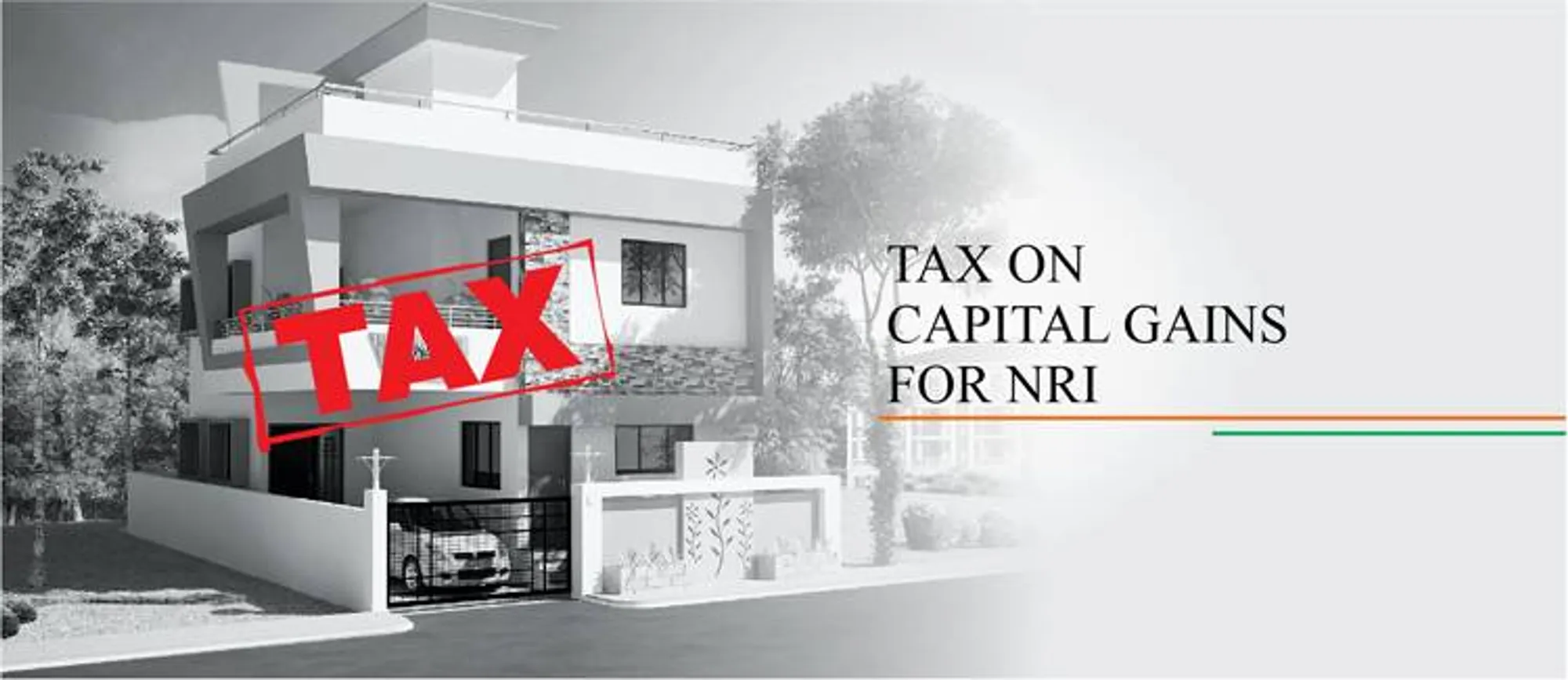Many people would have wondered what impact would demonetisation have over the real estate industry in India. Well, after all, it is no secret to us that whenever a property is sold either inherited or personal the first thing people talk about is “kitna black aur kitna white?”. From the day demonetisation was implemented the cost of the properties plummeted. But thanks to the recent bullish trend of the market property rates have started to rise, and rising real estate rates attract NRI’s to sell off their property in India. But most of them are not well-versed with the taxation laws in India which apply to capital gains.
Capital gains are incurred when you sell off your asset for a value which is higher than what you purchased it for. there are two types of capital gains which are long-term capital gains and short-term capital gains.
When you sell your property within 3 years of purchasing it is classified as short-term capital gain. Tax on short-term capital gain is calculated by subtracting sale price from the purchase price and the tax is as per the income tax slabs applicable to NRI’s.
When you sell your property 3 years after purchasing it the gain you incur is the long-term capital gain. In the case of NRI’s long-term capital gain is 20% of the indexed price. Tax is calculated by subtracting indexed value of the property from the sale price. A simpler way to explain the concept of indexation is an example. Suppose you buy a property in 1990 for rupees 1 lakh and sell it for rupees 10 lakh in 2017. The cost of inflation index in 1990 was 182 and inflation index in 2017 is 1125. So, the indexed price of your property would be 1125/182*1,00,000 which comes out to be 6.18 lakh, thus your capital gain is 3.82 lakh and tax on it comes out to be rupees 76,400.
Unlike Indian residents TDS (Tax Deducted at Source) has to be paid by NRI’s. it is 30% for short-term capital gain and 20% for long-term capital gain and this is irrespective of tax slab. NRI’s can waive off their lability to pay TDS on the long-term capital gain if they choose to invest in another property or capital gain bonds, this has been mentioned in section 54 of the IT Act. NRI’s would have to invest in a property within 2 years of selling the old one and 6 months if they are investing in capital gain bonds. However, if the value of the property or capital gain bond is less than the capital gain then the difference will be considered as long-term capital gain and tax will be charged on it. Under section 195 of the IT Act, an NRI can apply for a tax exemption certificate. The application has to be sent to the authorities who exercise jurisdiction on the area from where the NRI holds his\her PAN. You have to give proof of tax exemption which can be an allotment letter or a payment receipt, an affidavit has to be created in the case of the capital gain bond.
NRI’s can take the money to their resident country but there are certain restrictions that apply, like a total amount per financial year is limited to USD 1million. They also need to give proof for the sale along with a certificate from their chartered accountant. It is always best for NRI’s to take advice from a chartered accountant or a tax lawyer because cases differ from person to person.

